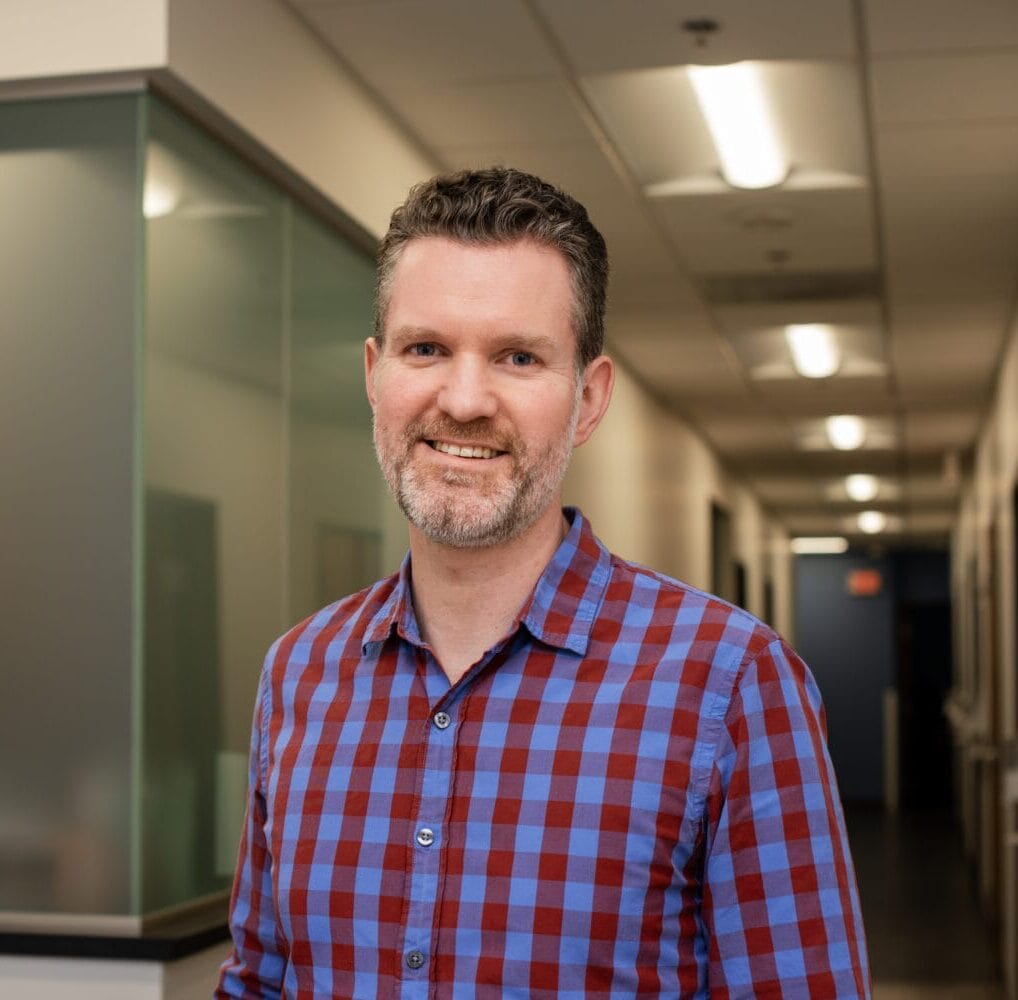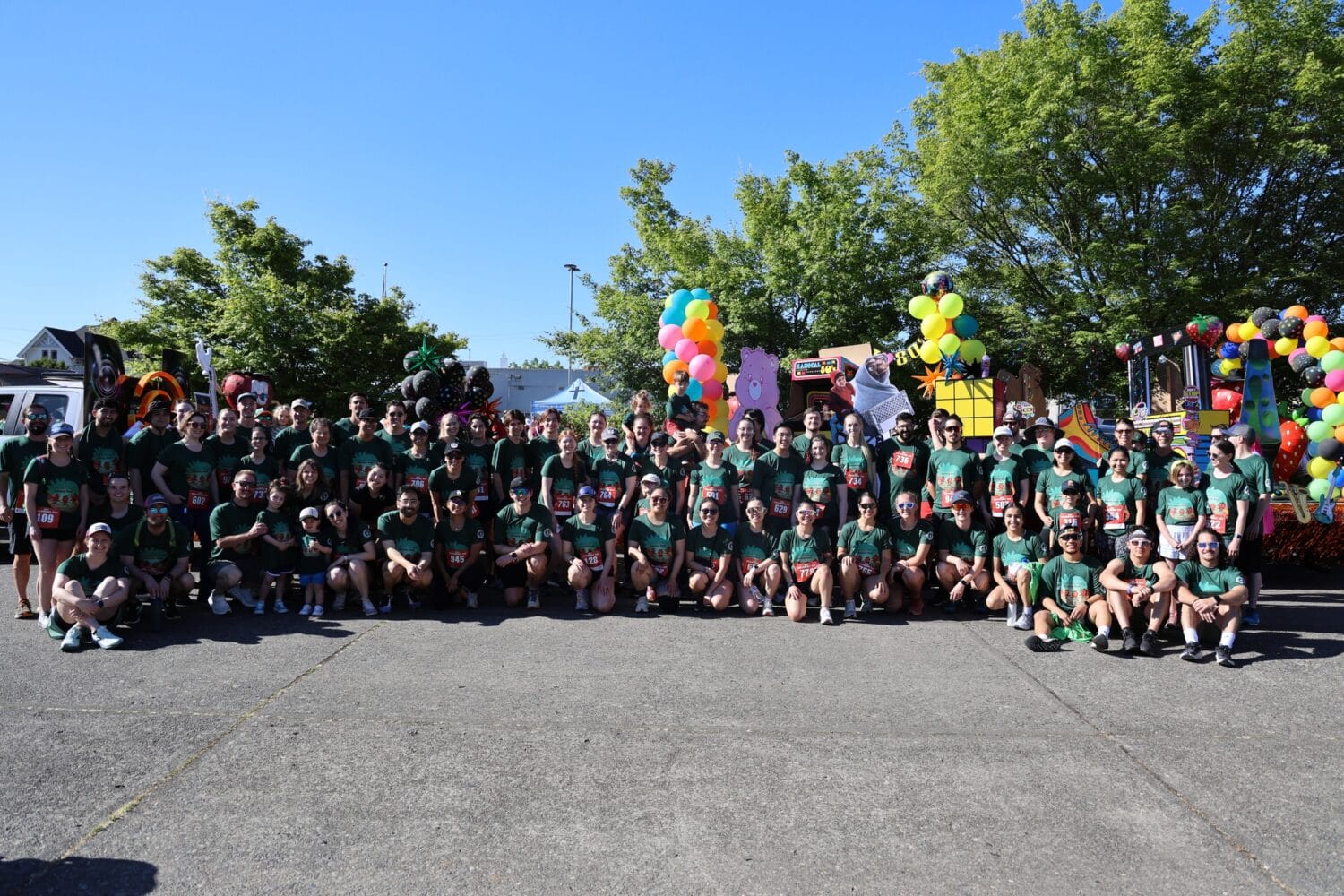WesternU's A Tribute to Caring honorees provide care and comfort to the most vulnerable
Western University of Health Sciences honored a health plan that provides care to nearly one million members and a pioneer in healing, protecting and empowering victims of abuse.
WesternU held its annual fundraiser "A Tribute to Caring" Nov. 8, 2014 at the Disneyland Hotel in Anaheim, California. The event raises money for student scholarships. WesternU Founding President Philip Pumerantz, PhD, thanked the more than 600 guests in attendance.
"What you are really doing is helping us create for the community a quality of healing that will make a difference in people’s lives," he said. "You, together with us, are creating a whole new enterprise of health care. I appreciate your participation and your contributions today."
Half of the proceeds from ATC will benefit student scholarships in this academic year and the other half goes into an endowment for student scholarships.
"As a result of tonight’s proceeds, we will have more than $1 million in the ATC Scholarship Fund," said WesternU Senior Vice President Thomas G. Fox, PhD.
WesternU presented the Elie Wiesel Humanism in Healing Award, its highest honor, to Astrid Heppenstall Heger, MD, FAAP, executive director of the Violence Intervention Program at Los Angeles County-University of Southern California Medical Center and a professor of clinical pediatrics at USC’s Keck School of Medicine. She founded the Center for the Vulnerable Child (CVC) in 1984 for the evaluation of child abuse, the first medically-based child advocacy center in the world. The program evaluates more than 15,000 child abuse and child sexual assault victims every year.
In 1995, Dr. Heger established the first "one-stop shop" community Family Advocacy Center, offering medical, mental health, protective, legal and social services to victims of family violence and sexual assault throughout Los Angeles County. She established an Adult Protection Team and an Elder Abuse Forensic Center to provide direct service to high-risk elders and dependent adults and to assist professionals charged with the protection of this most vulnerable population.
Heger talked about the many patients who came to her for help, and how their situations led her to take action and create these support programs.
"It was a 19-year-old rape victim from the University of Washington that police brought in and said, ‘Please see her. We’re not going to take her to an ER. I want you to do the exam, so that it was done quickly and humanely.’ That started the rape center," Heger said. "It was a 22-year-old with blind newborn twins who said, ‘My husband tried to kill me while I was pregnant and now he wants to kill us because the kids are blind.’ That started the domestic violence program."
H.E.A.R.T., Helping Ease Abuse-related Trauma, is the Violence Intervention Program’s (VIP) membership circle and source for everything else VIP’s clients need to survive and heal. This group of women from across Los Angeles buys clothes, fixes cars and protects women and children from dangerous living situations and gives them the resources to create more positive outcomes in their lives.
"That’s the real answer. It’s changing the outcome. We don’t practice cheap grace," Heger said. "Cheap grace is when you know you can make a difference – that’s all of us – and we choose not to. We push the easy button. We don’t want to do that. We want to push the hard button."
Heger said her father, Edward Heppenstall, taught her at an early age to never practice cheap grace. Every year, he would find the poorest family in Riverside County and give them Christmas. She remembers driving with her father and brother with a tree, presents, wrapping paper and food in their 1946 Ford. Her dad dropped off the food and gifts on the front porch of a ramshackle house.
"I can remember with my little face pressed against that flat back window watching that father come out and collect everything off the porch, and my dad reminding me, as he reminded me again when I graduated from med school, ‘Don’t ever live your life to be insignificant. Live it to be memorable. Live it to be remarkable,’" Heger said. "And as Elie Wiesel said, ‘Sometimes words in moments of grace attain the quality of deeds.’ So I am challenging you, as VIP has assumed our responsibility, to do the deeds and say the words that no one else will say."
Her words resonated with the audience, especially students. First-year COMP student Masumi Asahi said her speech was very eye-opening.
"It’s easy to forget those things are happening in the community," he said. "Hearing a first-hand account how she was faced with these adversities and she was able to do something about it was very touching."
WesternU presented Inland Empire Health Plan (IEHP) its Access to Caring Award for making a difference in advancing health care access and availability to underserved people. IEHP is a not-for-profit, rapidly growing Medi-Cal and Medicare health plan in California. With a provider network of more than 4,000 physicians and more than 1,200 employees, IEHP serves more than 900,000 residents of Riverside and San Bernardino counties who are enrolled in Medi-Cal, Cal MediConnect (Medicare), IEHP’s Medicare Special Needs Plan, or the Healthy Kids Program.
In accepting the award, IEHP CEO Bradley Gilbert, MD, acknowledged IEHP’s special relationship with WesternU’s Harris Family Center for Disability & Health Policy and its director Brenda Premo, MBA.
"One of the keys to our success, particularly in our ability to serve individuals with disabilities, has been Brenda and WesternU’s commitment to us to help us train our providers," he said. "We were the first health plan in the state, the leader in looking at our physician offices to make sure they were accessible for individuals with mobility (issues) or other disabilities. It’s really easy to work at IEHP because we’re so focused on our members. And right after that, our providers."



